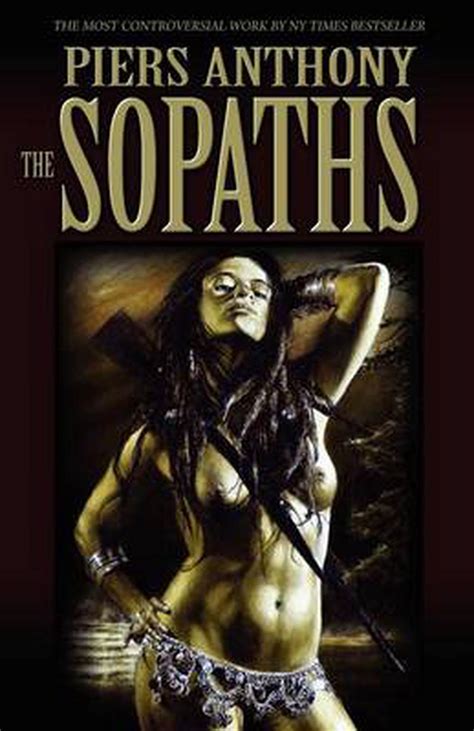A Quote by Piers Anthony
It would be easier to write a novel without reader input, but I feel the fiction is richer for it.
Related Quotes
I'm a compulsive reader of fiction. I fell in love with novels when I was a teenager. My wife Marilyn and I... our initial friendship began because we are both readers. I've gone to sleep almost every night of my life after having read in a novel for 30 or 40 minutes. I'm a great reader of fiction and much less so of non-fiction.
I don't impose political responsibilities on my fiction. The last thing I would ever want to do, for example, is write a novel that would appear to want to tell people what to think about the immigration debate, and I would never write a novel whose sole ambition was to give a "positive" view of immigrants. I'm for open borders, by the way - down with the nation state!
I write fiction longhand. That's not so much about rejecting technology as being unable to write fiction on a computer for some reason. I don't think I would write it on a typewriter either. I write in a very blind gut instinctive way. It just doesn't feel right. There's a physical connection. And then in nonfiction that's not the case at all. I can't even imagine writing nonfiction by hand.
I would like to write a novel, or at least try to write one, although my motives are not entirely pure. For one thing, I get asked about writing novels so much that I feel guilty about never having written one. And although I have no strong desire to write a novel, I would hate not to try. That would just be silly. On the other hand, I hate the idea of slogging through something that turns out to be not good.
The desire to be liked is acceptable in real life but very problematic in fiction. Pleasantness is the enemy of good fiction. I try to write on the premise that no one is going to read my work. Because there's this terrible impulse to grovel before the reader, to make them like you, to write with the reader in mind in that way. It prevents you doing work that is ugly or upsetting or difficult. The temptation is to not be true to what you want to write and to be considerate or amusing instead. I'm always trying to fight against the impulse to make my readers like me.






































